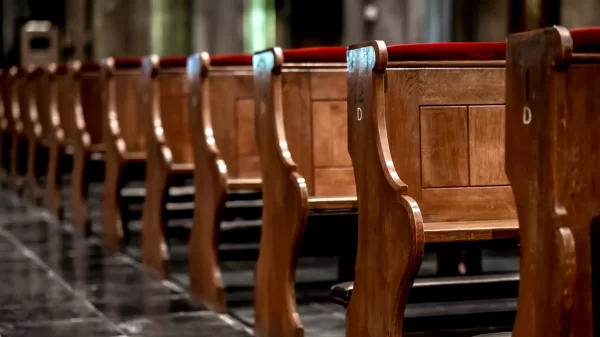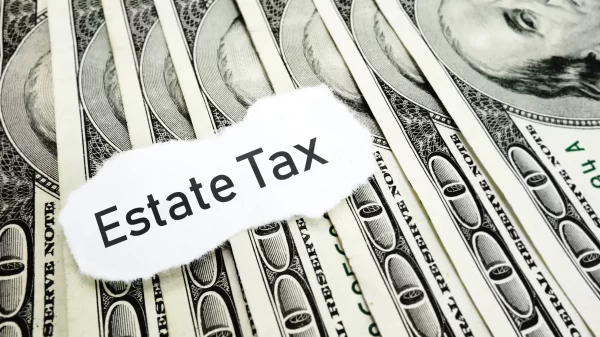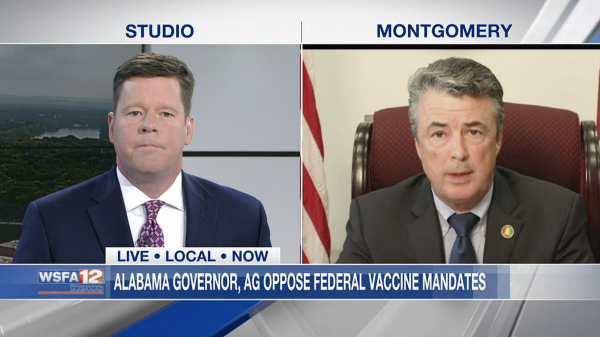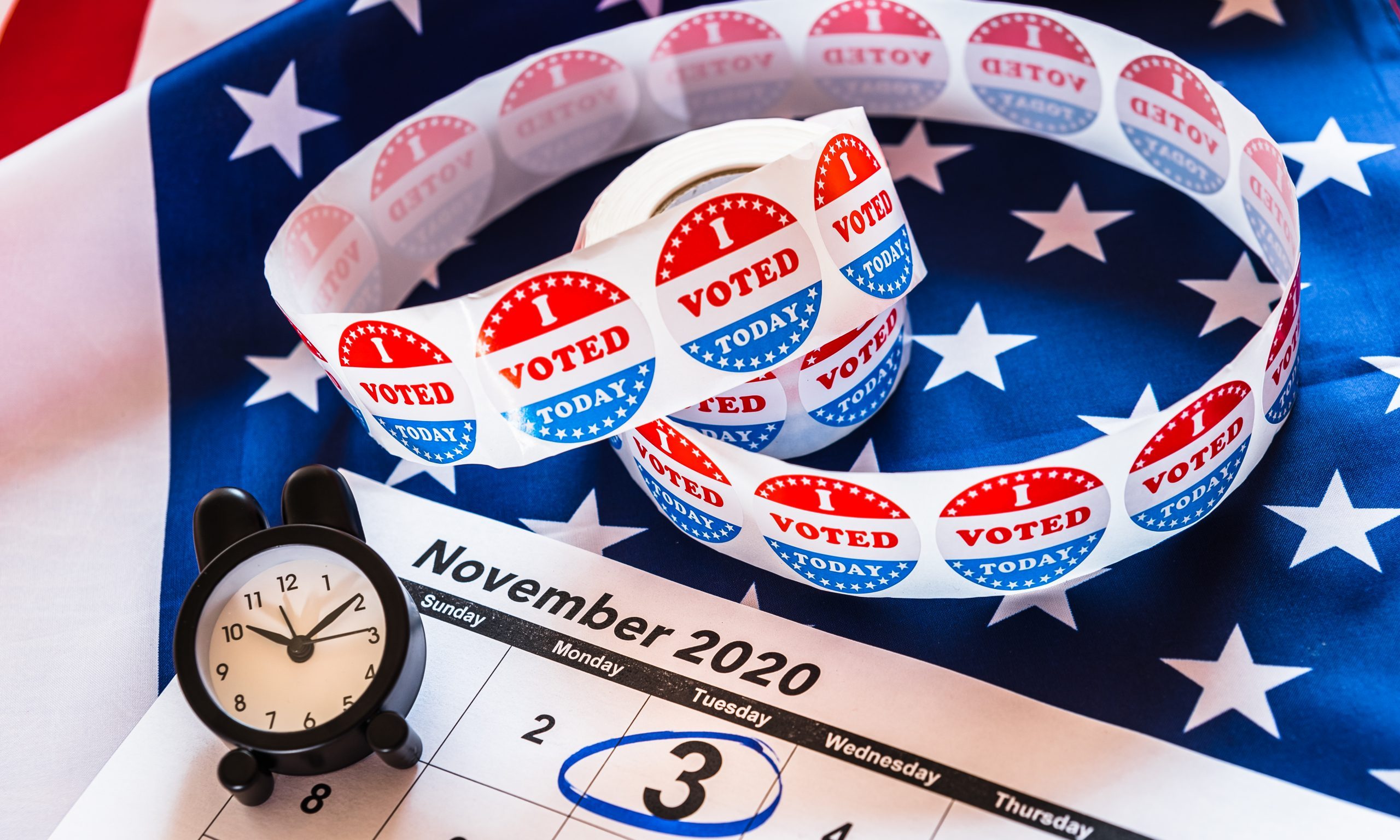By Lee Hedgepeth
Alabama Political Reporter
Yesterday on Twitter, Speaker of the Alabama House of Representatives Mike Hubbard declared it “Tax Relief” Day in the body. Brought up and passed were four tax-related bills: HB97, HB105, HB108, and HB151.
House Bill 108, one of these bills, is sponsored by Representative Greg Wren, who recently announced he will not run again, and Speaker Hubbard himself.
HB108, as GOP leadership portrayed it, streamlines the business personal property tax process. It calls for the establishment of an online filing system at no cost to the person using it, and for a new, short form for filing such taxes. The bill had been held over by the body earlier, but was brought back up for consideration by the House, and eventually passed, unanimously.
However, the bill may not be all it is hyped up to be. In fact, it may even accomplish two negatives: raising administrative costs and – believe it or not – taxes. So while Hubbard called yesterday in the House “tax relief” day, that may not be the whole story.
According to the fiscal note attached to bill, which is developed by the nonpartisan Legislative Fiscal Office, the bill requires a new online filing system at no cost to either “a taxpayer or a local taxing jurisdiction,” but would come at increased cost for the State. The note says that this requirement would “increase the obligations of the Department of Revenue by an undetermined amount.”
In addition, the provision of HB108 requiring the allowed use of a special short form for tax returns could “increase tax receipts to the state and local governments by a small undetermined amount.” This would be due to the effect of the short form on tax assessment, as it would apply a tax liability of $10,000 to every taxpayer as an estimated amount.
So, although it may seem that Mike’s House has your wallet in mind, it may be to take from it, not necessarily to provide the average Alabamian with “tax relief.”
The other tax bills passed through the House today were more fiscally cognizant. HB97 requires the Department of Revenue to the suspend taxes where the costs exceed revenues, an obvious cost saving measure. HB105, known by its sponsor Paul DeMarco as the Taxpayers’ Bill of Rights, provides for the establishment of a separate Tax appeals court; the money for the program would be transferred from the current judicial budget for tax appeals, though personnel costs may increase depending on case load. The final bill, HB151, allows businesses a higher threshold of sales before requiring estimated payment. The threshold would be increased from $1,000 to $2,500. Though the money will be collected next Fiscal Year, HB151 does call for a one-time reduction of $4,500,000 in revenue from the Education Trust Fund.
All bills passed in the House must also be passed in identical form in the Senate, and be signed by Governor Bentley.






















































